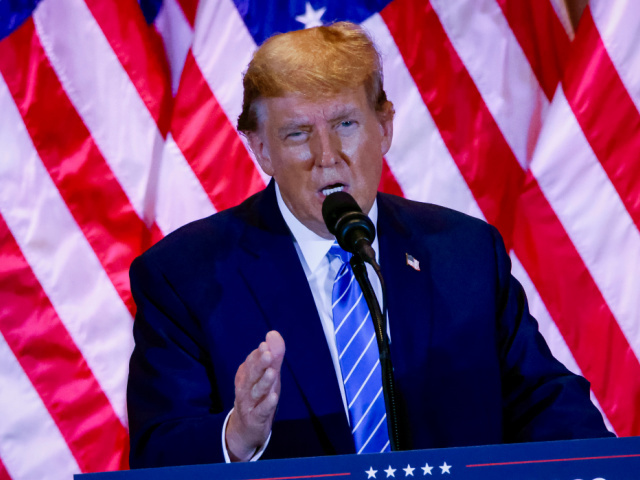A study conducted by the Media Research Center (MRC) has revealed 39 instances of Facebook interfering with U.S. elections since 2008, prompting concerns regarding the platform’s impact on the democratic process.
The study, conducted by MRC Free Speech America, indicates that Facebook’s election-related censorship activities commenced in 2012, escalated significantly in 2020, and have shown some signs of diminishing during the initial phases of the 2024 electoral cycle.

Former US President Donald Trump celebrated a series of Republican presidential primary victories during a Super Tuesday election night watch party at the Mar-a-Lago Club in Palm Beach, Florida, US, on Tuesday, March 5, 2024. As he advances closer to his party’s nomination, Trump’s successes mark significant milestones in the political landscape. The event was captured by photographer Eva Marie Uzcategui for Bloomberg via Getty Images.

Mark Zuckerberg Meta Selfie (Facebook)
Mark Zuckerberg has indeed made several statements advocating for free speech, including his notable 2019 speech at Georgetown University where he emphasized the importance of confronting challenging ideas and avoiding politically-motivated censorship. However, Facebook’s actions have often contradicted these sentiments.
Throughout the years, Facebook has been accused of censorship, particularly during significant political events such as elections. Examples include the suspension of a Veteran PAC in 2012 for a meme related to the Benghazi attack, censorship of then-Democratic Party candidate Bernie Sanders and “conservative topics” in 2016, and removal of ads for various political candidates in 2018.
The 2020 election witnessed a surge in censorship on Facebook, with posts and ads from then-President Donald Trump being censored multiple times, along with the removal of political ads from the political right. One notable incident was the censorship of the New York Post’s report on Hunter Biden, which resulted in the indefinite suspension of Trump’s accounts in early 2021.
In 2022, Facebook continued to censor political candidates, including gubernatorial candidates and candidates for U.S. Congress. Recent reports indicate that Meta, led by Zuckerberg, has planned measures to reduce the visibility of posts from Donald Trump, whose engagement on Facebook has reportedly declined significantly.
These instances highlight the discrepancy between Zuckerberg’s pro-free speech statements and Facebook’s actions, raising questions about the platform’s commitment to upholding principles of free expression.